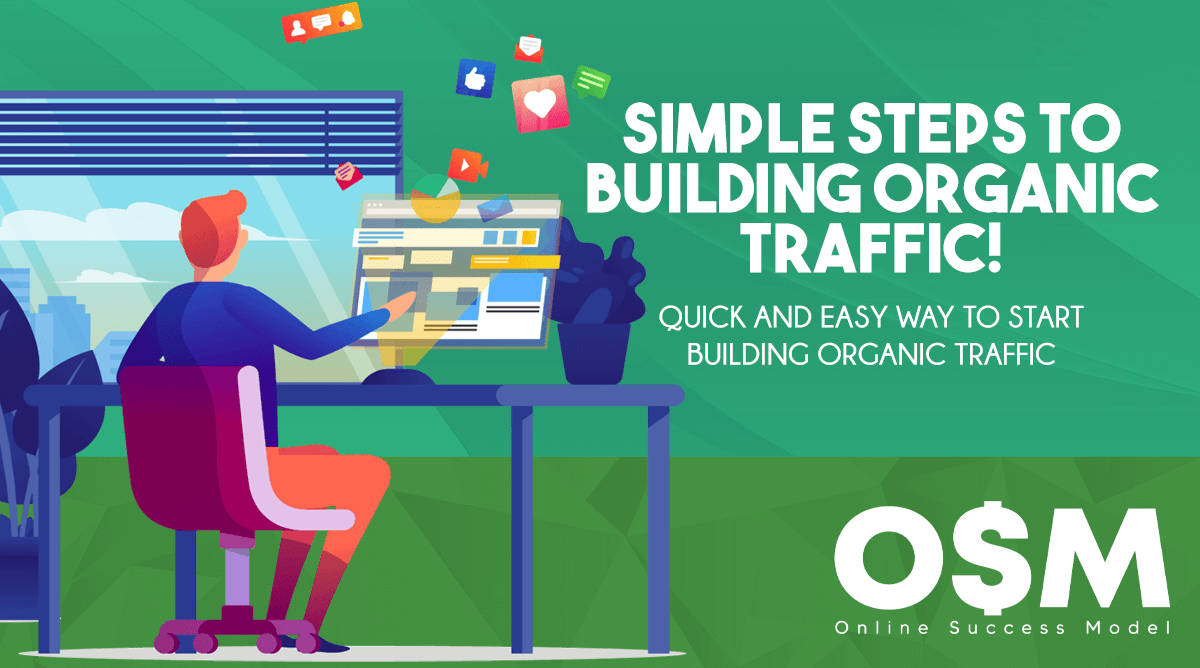If you could get free traffic, wouldn't you want to?
In 2019 alone, over 240 billion dollars were spent on advertising efforts in the United States alone. Of course, this does reap the rewards if done correctly, but organic traffic is also something every business should be trying to achieve.
Organic traffic takes some more effort, time, and planning, but in the long run, it will help you cut costs on advertising and compete on Google's search engine for a higher ranking over competitors.
If you're ready to start implementing the best organic traffic practices, then read on!
Search Engine Optimization
Search engine optimization, also known for short as "SEO," is the first and most important way to help increase your organic traffic.
SEO involves optimizing your website and content to appear favorable to a search engine, thus helping your website rank higher on Google.
When you search for a particular term in Google, users will typically go to the first few website links displayed. These websites have set themselves above other websites by using proper SEO tactics.
A good content strategy should be in line with your SEO plan, as both work together to increase organic traffic. I'll talk more about that after SEO.
To do this, you'll want to focus on auditing your website, building internal and external links, and creating landing pages that are optimized for search engines.
How does one "optimize," though? I strongly recommend starting with finding the right keywords that are relevant to your business and are very niche to make it easier to rank for in search engines.
For example, if your business is related to kitchen products, you won't want to be using popular and competitive keywords like "kitchen" or "kitchen counter." Instead, think of long-tail keywords like "white marble kitchen counter" or "matte black swivel kitchen tap."
In addition to these techniques, you could also search for questions that your target audience is asking and provide the answer to them on your website while using these questions as a keyword indicator.
Remember, though, SEO is not the single holy grail that will immediately give you a boost in organic traffic. It can help you get there over time if you are using appropriate techniques (as indicated above).
Content Planning
Content is another one of the keys to organic traffic success and works effectively with a good SEO plan. Each bit of content on your website can make a difference in increasing these efforts for better results.
Here are just some of the many types of content you can create:
- Blog posts & articles
- eBooks as a lead magnet
- Attractive infographics for visual appeal
- Product reviews on items relevant to your audience
- Case studies
- Guest Posts
- Tutorials
- Polls to help engage your audience
These are all things that can provide helpful value to your audience.
I suggest starting, at the very least, with in-depth blog posts as these have proven to help many online businesses with their organic traffic. Throughout them, you would list the aforementioned appropriate keywords relevant to your niche, as well as links and encouragement to sign up to your mailing list.
Another thing I'd like to mention is to focus more on evergreen content, which is content that doesn't age over time and is still relevant regardless of how much time has passed since publishing. Do this by updating your current content regularly and choosing topics that will always be relevant in one, five, or even ten years' time.
With any of these content strategies, the free value you offer your audience results in a more established bond between them and your brand. Every day, people are looking for free help - and in return, you can gain more organic traffic for your website.
SEO and content planning are the two crucial stepping stones to the bigger picture. Ultimately, if you can get your website on the path towards better organic traffic, you'll be saving yourself time, money, and effort when it all starts doing the work for you.
